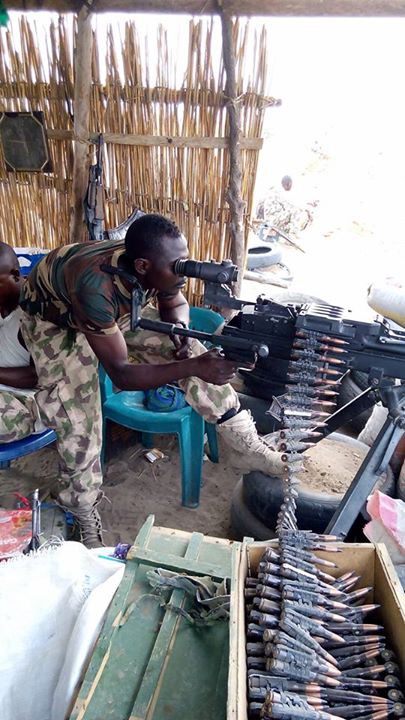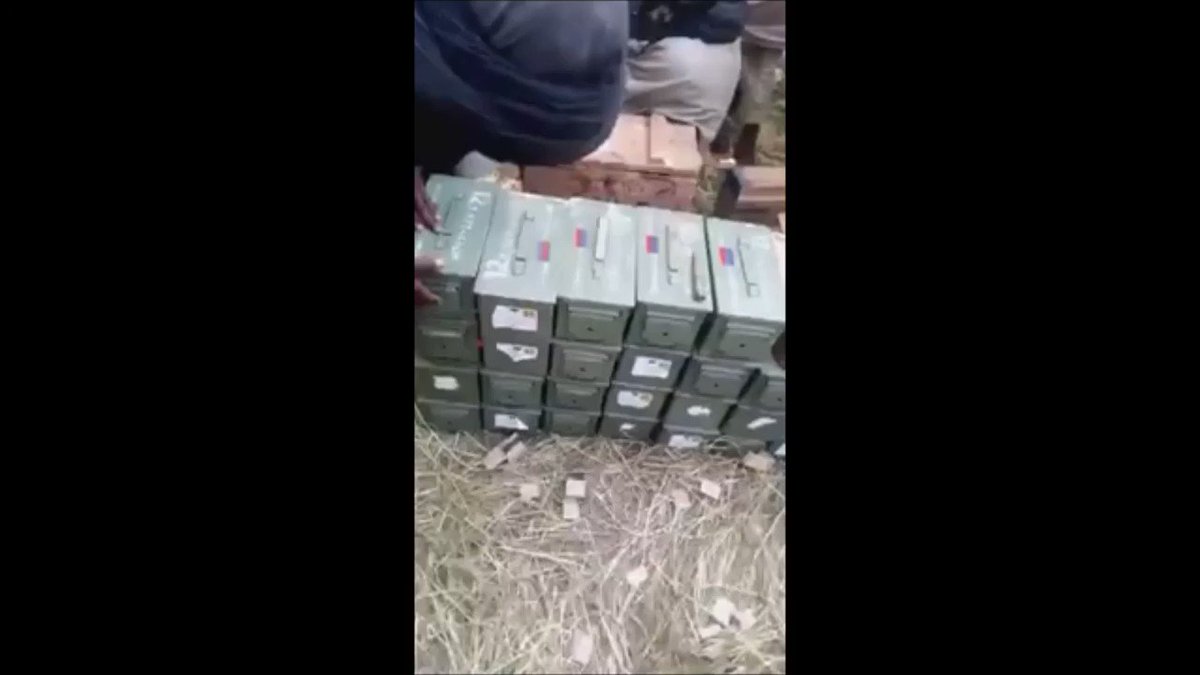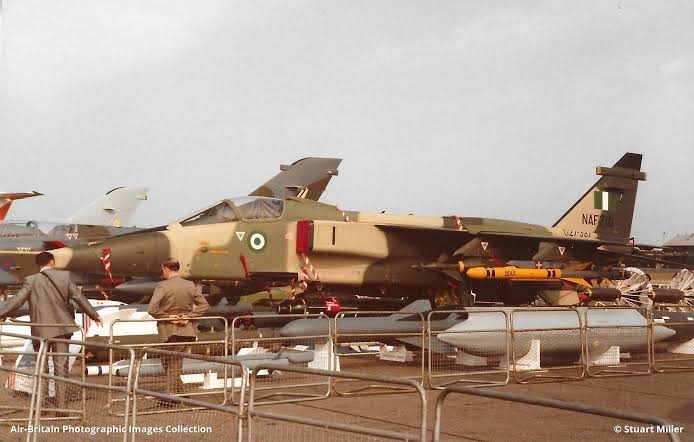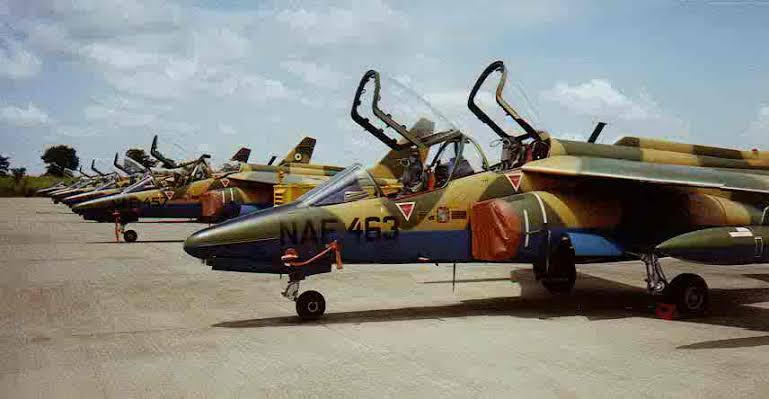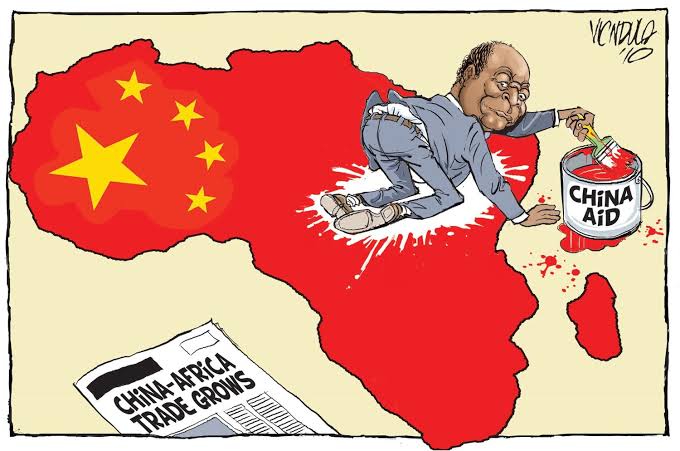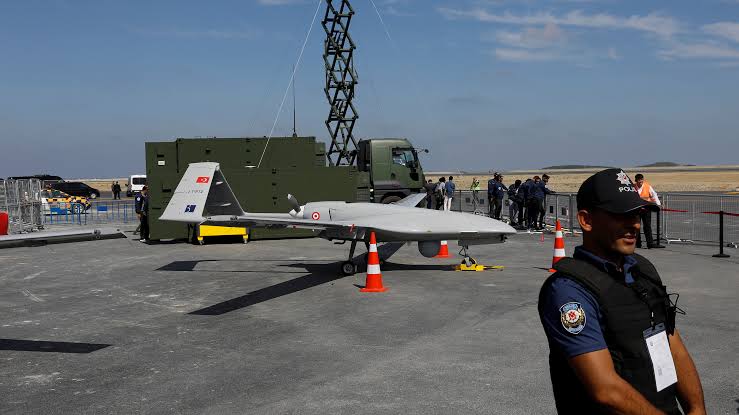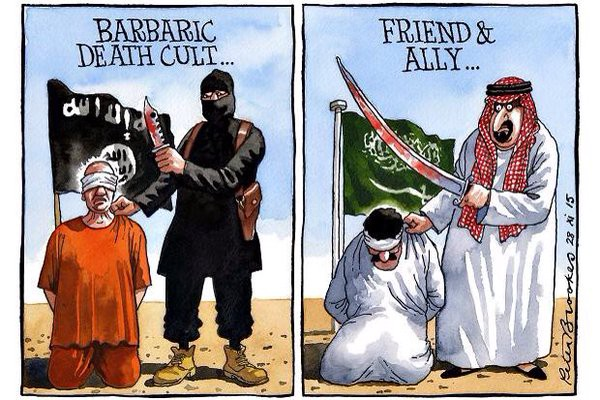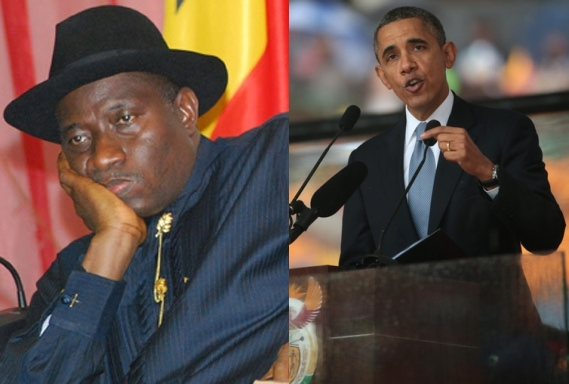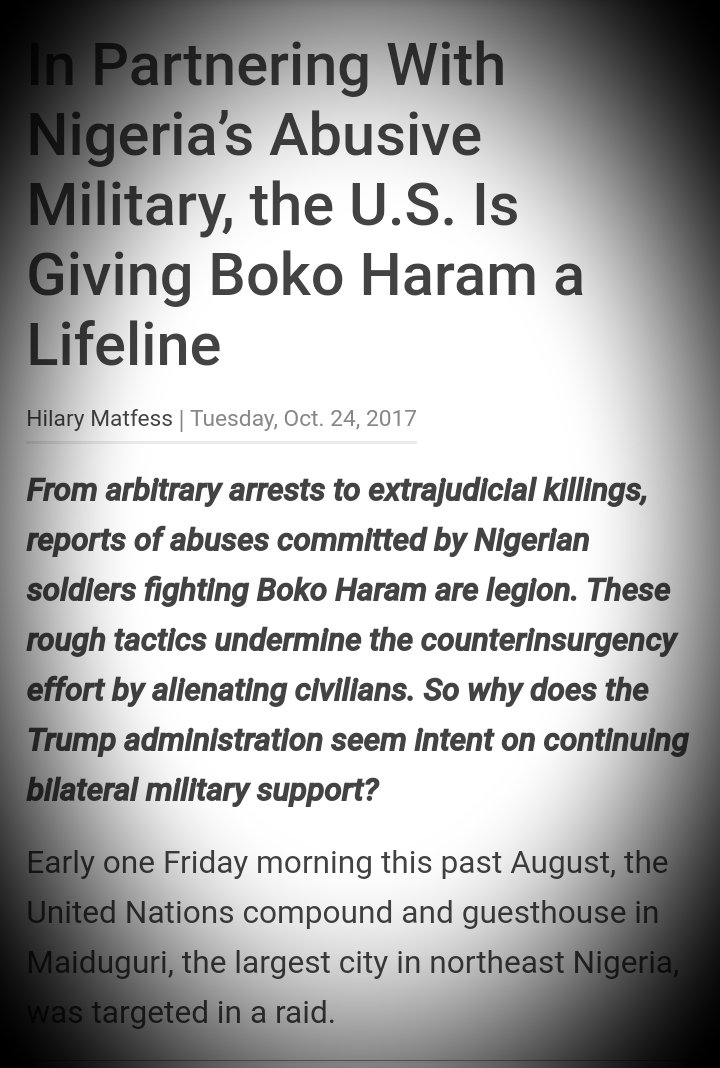Suddenly we hear on TV ISIS now has a foothold in West Africa. How? In June 2014, when Abu Bakr al Baghdadi declared a caliphate in the Levant, jihadist camps in Nigeria were abuzz with the news. Abubakar Shekau declared his own caliphate two months later in August.
At first communications challenge. This was when the Nigeria media was not in the business of broadcasting terrorist propaganda. Boko Haram lacked a stable internet connection. At that point, ISIS began giving Shekau advice on how to manage its communications, suggesting that it
use the messaging app Telegram, popular among jihadists due to heavy encryption instead of WhatsApp. So Boko Haram and ISIS began exchanged audios, videos, photos and documents about recent battles, internal organisation on a daily basis.
The back andforth was probably monitored by the CIA, because it was reported that Information gleamed from this back and forth chatter allowed the US to track him down and kill him in 2016 in an air strike in Syria.
By the way, all this info was provided by defectors. It didn't take long for tensions to sprout between BHT and ISIS. Boko Haram raided an army storage facility and made away with hundreds of beluga cluster munitions that was in storage. They then strap these bomblets on
12 year old girls. The girl is sent to the market or public gatherings where the bomb is detonated remotely. ISIS condemned the use of children as suicide bombers, averred that it was wrong for him to enslave Muslim women and girls captured.
Shekau responded that he was enslaving only Christians or Muslim apostates, and carried on with his original practice. At this point Shekau regrets declaring allegiance to ISIS as his power was being diluted. To quote a defector : ''Shekau feared two or three things: that he
would lose control; that he would be receiving orders and that he could be demoted from imam to wali (a sort of governor). In 2015 the Nigerian military went scorched earth on Boko Haram. He was not prepared from such onslaught and lost several towns it had captured earlier
unable to hold ground they fled, falling back on safer area in the Sambisa forest. Shekau would lose Boko Harams self proclaimed capital, Gwoza, to Nigerian army units backed by a South African private military company. More than ever, Shekau needed any assistance ISIS
could provide not only to beat back the Nigerian military which was planning a final offensive. ISIS began sending support to Nigeria in the form of operational guidance and some material assistance. One defector said Boko Haram sent ISIS pictures of a piece of equipment it had
seized from the Cameroonian military during an attack. It asked its interlocutors in Syria what the machine was. The reply informed them they had captured an unarmed drone, appending video instructions for assembling and using it. Thereafter, Boko Haram began using its first
drone for surveillance and reconnaissance. In another case, Boko Haram reached out for advice on producing AK-47 ammunition. ISIS replied in the form of a video detailing how to proceed using gunpowder from artillery shells. Several defectors also confirmed that the
Levantines advised Boko Haram to armour-plate its vehicle-borne improvised explosive devices. Again these back and forth was intercepted by U.S and French intelligence. Barack Obama has a policy of not sharing intel with Nigeria because they insist the government was compromised
In other words its far better for innocent Nigerians to die than for the U.S to share valuable intel that could save lives. So they sit on these information and do nothing.
Beyond the remote advice, ISIS began sending trainers in person to Nigeria. ISIS sent a team of Arabs
led by Abu Obeidah, an experienced Libyan jihadist, arrived in the Sambisa forest where they spent several months. The commanders of all units, even those based outside Sambisa, were called in for courses on strategy and tactics under the watchful eyes of U.S Reaper drones.
Notably, the visitors suggested that BHT revise what had become its standard assault tactics, infantry charges in favour of manoeuvres by smaller, better trained units. One defector said: “They taught us about anti-aircraft techniques, armour, infantry. We benefited so much from
them. They went to fight with us. They observed us, explaining that our way was so dangerous that it was like suicide”. In addition, the Arab visitors trained the BHT on media team. After the trainers left, the Lake Chad militants rolled out reforms, albeit unevenly.
Financial asistance came at least every 2 weeks in amounts varying from $10,000 to $100,000 via occasional transfers to associated individuals who would visit Saudi Arabia or the United Arab Emirates to collect the cash on ISWAP’s behalf.
Boko Haram used ISIS donations to obtain hardware from fighters at agreed upon prices. ISIS headquarters reportedly even issued a price list. In facilitating these purchases, ISIS helped provide the fighters with an income
defectors mentioned that fighters could earn up to 150,000 nairas, or $350, from a successful raid. Despite benefiting from ISIS’s largesse, Shekau bristled at the caliph’s assertions of authority over him. When ISIS requested 1,000 Boko Haram fighters to help defend the city
of Sirte in Libya, Shekau declined, saying he could not spare the men. According to defector accounts, Shekau was often irritated at the constant prying of Abu Obeidah and his team, whom he believed posed a threat to his command.
He was particularly wary of ISIS demands for details of the manpower, military hardware and finances. He eventually tried to arrest Abu Obeidah’s team, but top commander Aliyu al-Gombewi rushed them out of Sambisa to Lake Chad, whence they escaped.
Soon afterward, however, Shekau sent an armed band after Aliyu and had him killed. After he declined ISIS’s request to send fighters in Libya, BHT Lake Chad area commander, Abubakar Mainok, sent some fighters himself, highlighting the growing rift between Shekau and ISIS







